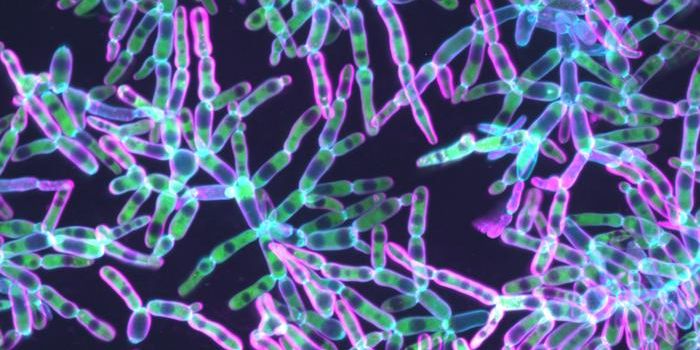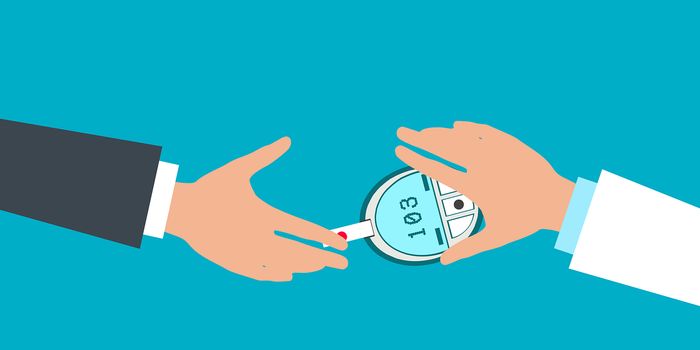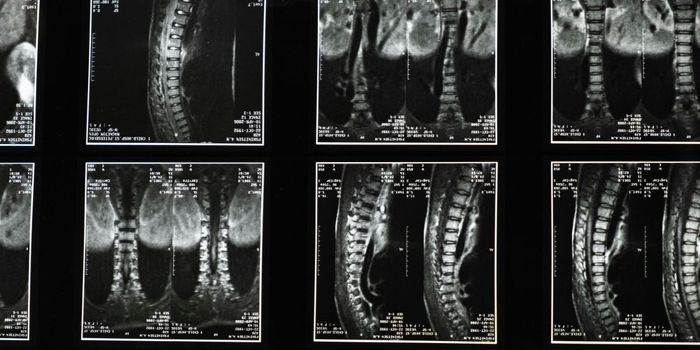Psilocybin and Cannabis to Treat Anxiety and Addiction
Johns Hopkins University’s Center for Psychedelic and Consciousness Research just received a $4.9 million grant to study how psychedelic treatment affects behavior, mood, cognition, brain function, and biological markers of health. This landmark grant will allow JHU researchers to conduct a multi-site -multi-year- study building on their previous research pointing to the effectiveness of psychedelic treatments for addiction and anxiety disorders.
Several earlier research studies highlighted the effectiveness of psilocybin in managing addiction and anxiety. JHU’s 2014 pilot study examined the role psilocybin played in smoking cessation. Participants engaged in 15 weeks of intensive therapy and journaling about smoking addiction triggers prior to receiving the psilocybin. In supported conditions with proper screening, preparation, monitoring, and follow up care, participants experienced a reduction of nicotine craving after taking moderate psilocybin doses. JHU researchers believe that psilocybin is effective because it is a non-addictive way to treat the root cause of addiction and not just the symptoms associated with nicotine withdrawal. Some study participants claim they have not had a cigarette since the psilocybin treatment for smoking cessation.
A 2016 study found that psilocybin alleviated the anxiety and depression experienced by cancer patients. Researchers noted patients sustained moderate to high improvements in mood for 6 months. JHU researchers believe that this efficacy is the result of psilocybin enabling “crosstalk” between different parts of the brain that helps minimize anxious thoughts.
The effects of psychedelics and cannabis are both under-researched, but they are gaining widespread attention for their medicinal potential. A recent research study on cannabis use for mood disorders suggests that cannabis effectively reduces symptoms of anxiety and depression. The Drug Enforcement Agency (DEA) proposed increases in cannabis and psychedelic drug production for research purposes. The objective is to develop FDA approved treatments for several psycho-active plant materials currently classified as Schedule I controlled substances. Research on mixing psychoactive elements is critical for understanding how plant medicine can be optimized to treat mental disorders and additions. These key studies, increased access to federal funding, and the DEA’s proposal signify a turning point in support for research on cannabis and psychedelic treatments for mood disorders.
Sources: Johns Hopkins University Medicine, Marijuana Moment, JHU research study on psilocybin reducing anxiety









